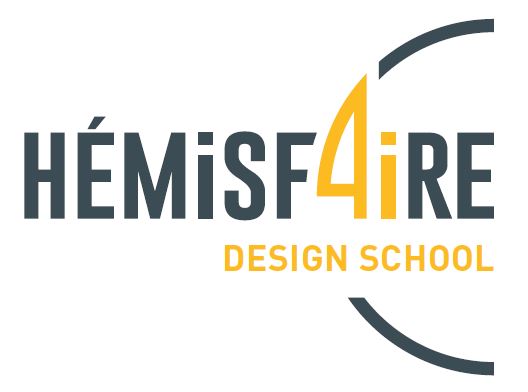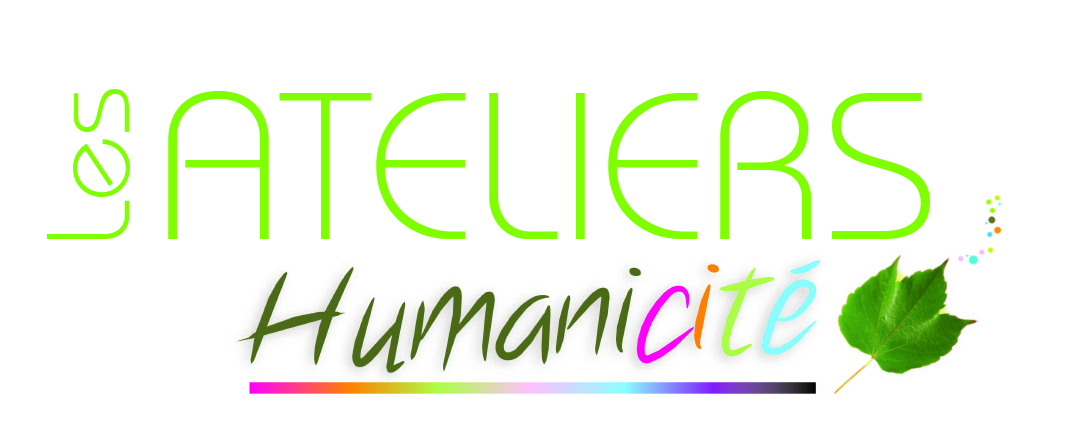The policy of innovation in education at the Université Catholique de Lille has been led since 2012 by a dedicated Vice-Presidency of Innovation, under Professor Jean-Charles Cailliez, Director of the HEMiSF4iRE Design School, and relies on the construction and reinforcement of innovation ecosystems.
The University’s innovation strategy is particular in that it does not divide pedagogical innovation from innovation in entrepreneurship and research, or from international prospectives on innovative ecosystems. It is a systemic and integrated approach to innovation in which all (teachers, researchers, students, administrators, entrepreneurs, managers and business executives, and so on) are invited to work together across fields (pedagogy, research, entrepreneurship, intrapreneurship…) – more transdisciplinarity than interdisciplinarity.
Co-operative working methods (codesign) in “third space” environments are favoured over more conventional methods of collaboration. They promote the creation of learning communities in creative hubs such as MOSAIC of HEC Montréal – a strategic partner of the Université Catholique de Lille – or the International Association of University Pedagogy (AIPU) Association Internationale de Pédagogie Universitaire (in French).
HEMiSF4iRE Design School

The HEMiSF4iRE Design School is a “Design Thinking” platform created in July 2017 at the Université Catholique de Lille, conceived and developed through the activity and collective strategy of four Innovation units: the Laboratory of Pedagogical Innovation (LIP) assisted by Digital Practice Services (SUN), the Institute of Entrepreneurship (IES), the Doctoral School (ED2), and the International Institute of Prospective on Innovative Ecosystems (IIPEI).
HEMiF4iRE is an incubator-accelerator dedicated to the management of creativity and innovation, promoting greater integration and innovation in pedagogy, business creation, and research through new synergies, by expanding the collaboration between the Library and Cultural Services at the Université Catholique de Lille.
HEMiSF4iRE is based on a 4i concept – that is, an iterative 4-step method that moves from creativity to innovation: Inspiration (exploration, observation, prospective), Ideation (creativity, codesign), Implementation (prototyping, experimentation), and Innovation (incubation, piloting, production, value creation, use). Its aim is to use designers’ sensibility (design thinking), along with their tools and working methods, in order to enable innovation in teaching, research and entrepreneurship by multidisciplinary teams. It allows new areas of reflection and activity that can lead to the creation of innovative companies and transdisciplinary projects, transforming creative ideas into economically viable innovations, while taking into account user expectations and ensuring value creation. In the end, it is about discovering new uses, imagining original services, and creating innovative products in collaboration with all stakeholders, with particular emphasis on diverse involvement.
More information on HEMISF4IRE (in French)
Innovation and Codesign Workshops (ADICODE ®)
Research and pedagogical activity and expertise under Yncréa Hauts-de-France concerning the co-development of innovation, codesign and innovation management, are grouped and promoted together as a common brand: ADICODE® (Innovation and Codesign Workshops).
Yncréa Hauts-de-France mobilizes expertise in training students and professionals to conduct innovative codesign projects and to help develop innovative products and concepts from companies. Research activity in “codesign and collective intelligence” rounds out this activity. The pedagogical dimension was labeled IDEFI (Innovative Training Excellence Initiatives) under the Future Investment Program (PIA) in 2012.
ADICODE® workshops combine transdisciplinary and user-centered approaches with the use of rapid prototyping, creativity, and collective intelligence. The result is the creation of innovative teaching modules, new practices, and new tools. Project-based pedagogies for the conduct of innovative projects in codesign take place in reinvented “third space” teaching locations (fab lab, coworking, codesign centre) occupying more than 2000 m2. The process has already resulted in a partnership with HEC Montreal, and integration into the network of MOSAIC - HEC Montréal schools of creativity and innovation.
More information on ADICODE® (in French)
Humanicité workshops

The Humanicité workshops are an example of an innovative ecosystem that takes the form of a co-operative design platform. They structure an ecosystem that is conducive to innovation, involving stakeholders in the Lomme-Capinghem neighbourhood around the Saint-Philibert Hospital and supporting innovative projects that are necessarily complex and multidisciplinary, drawing on experts in many disciplines as well as local resource persons.
Humanicité workshops deploy co-operative facilitation methods (codesign sessions). The participation of neighborhood residents is an essential feature of “living-labs”, offering them an active role in the creation, formatting, testing, and validation of the innovations that will affect their lives. The term "living-lab" refers both to physical spaces (the workshops) and social spaces (the Humanicité community) where the project is co-developed. New communities are born within this neighbourhood, all with their own ideas and questions (students, the deaf, and many others). The Humanicité workshops welcome leaders of these communities to address questions, needs, and expectations.
More information on Humanicité workshops (in French)
More information on the Humanicité neighbourhood (in French).





